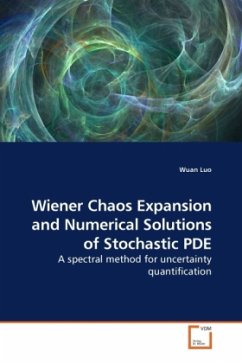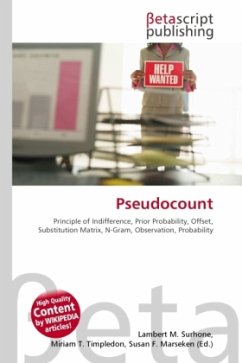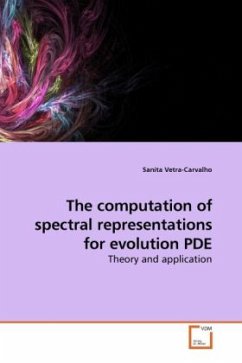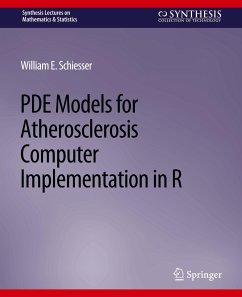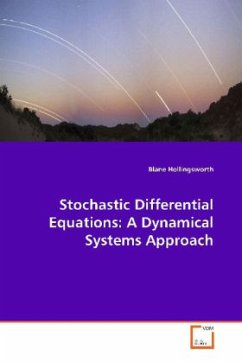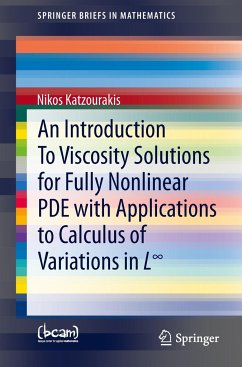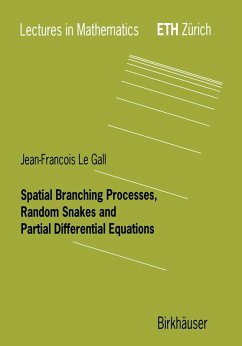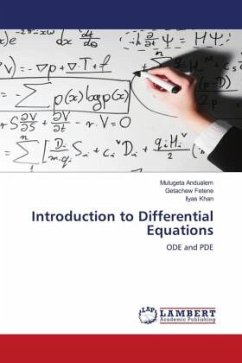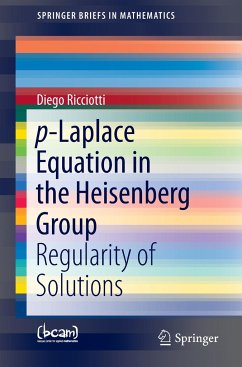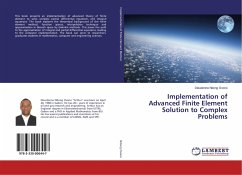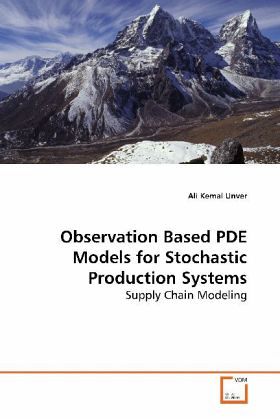
Observation Based PDE Models for Stochastic Production Systems
Supply Chain Modeling
Versandkostenfrei!
Versandfertig in 6-10 Tagen
32,99 €
inkl. MwSt.

PAYBACK Punkte
16 °P sammeln!
In this book, continuum models of re-entrantproduction systems are developed that treat the owof products in analogy to traffic ow. Specifically,the dynamics of material ow through a re - entrantfactory via a parabolic conservation law is modeleddescribing the product density and ux in thefactory. The basic idea underlying the approach is toobtain transport coefficients for uid dynamic modelsin a multiscale setting simultaneously from MonteCarlo simulations and actual observations of thephysical system, i.e. a production factory. Sincepartial differential equation (PDE) - conservationlaws are ...
In this book, continuum models of re-entrant
production systems are developed that treat the ow
of products in analogy to traffic ow. Specifically,
the dynamics of material ow through a re - entrant
factory via a parabolic conservation law is modeled
describing the product density and ux in the
factory. The basic idea underlying the approach is to
obtain transport coefficients for uid dynamic models
in a multiscale setting simultaneously from Monte
Carlo simulations and actual observations of the
physical system, i.e. a production factory. Since
partial differential equation (PDE) - conservation
laws are successfully used for modeling the dynamical
behavior of product ow in manufacturing systems, a
highly re-entrant manufacturing systems is modeled
using a diffusive PDE. It is demonstrated that PDE
models are preferable to simulate large and complex
production systems, because they are accurate, fast,
and amenable themselves to optimization, which is a
quite important advantage for a mathematical model.
The work brings out an almost universally applicable
tool to provide rough estimates of the behavior of
complex production systems in non-equilibrium regimes.
production systems are developed that treat the ow
of products in analogy to traffic ow. Specifically,
the dynamics of material ow through a re - entrant
factory via a parabolic conservation law is modeled
describing the product density and ux in the
factory. The basic idea underlying the approach is to
obtain transport coefficients for uid dynamic models
in a multiscale setting simultaneously from Monte
Carlo simulations and actual observations of the
physical system, i.e. a production factory. Since
partial differential equation (PDE) - conservation
laws are successfully used for modeling the dynamical
behavior of product ow in manufacturing systems, a
highly re-entrant manufacturing systems is modeled
using a diffusive PDE. It is demonstrated that PDE
models are preferable to simulate large and complex
production systems, because they are accurate, fast,
and amenable themselves to optimization, which is a
quite important advantage for a mathematical model.
The work brings out an almost universally applicable
tool to provide rough estimates of the behavior of
complex production systems in non-equilibrium regimes.



